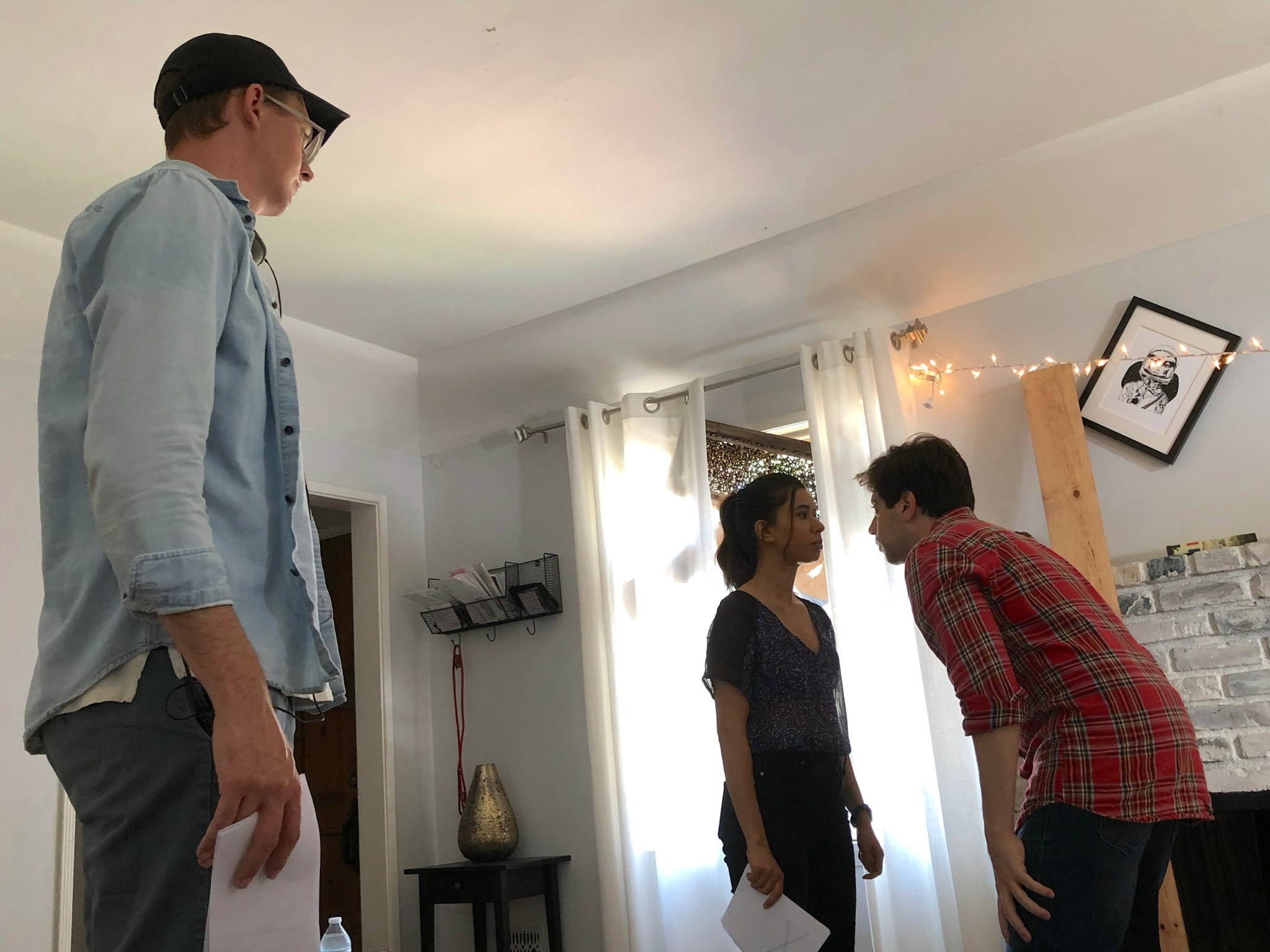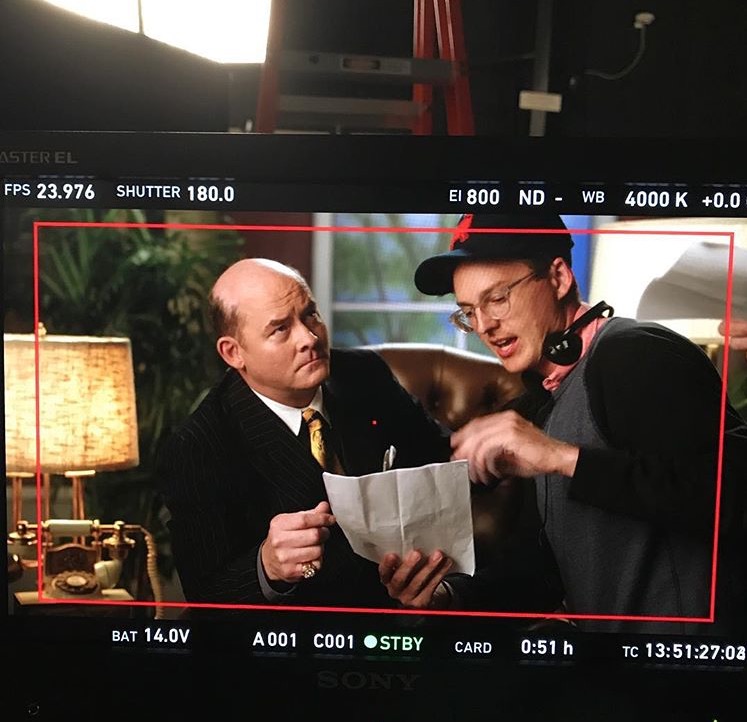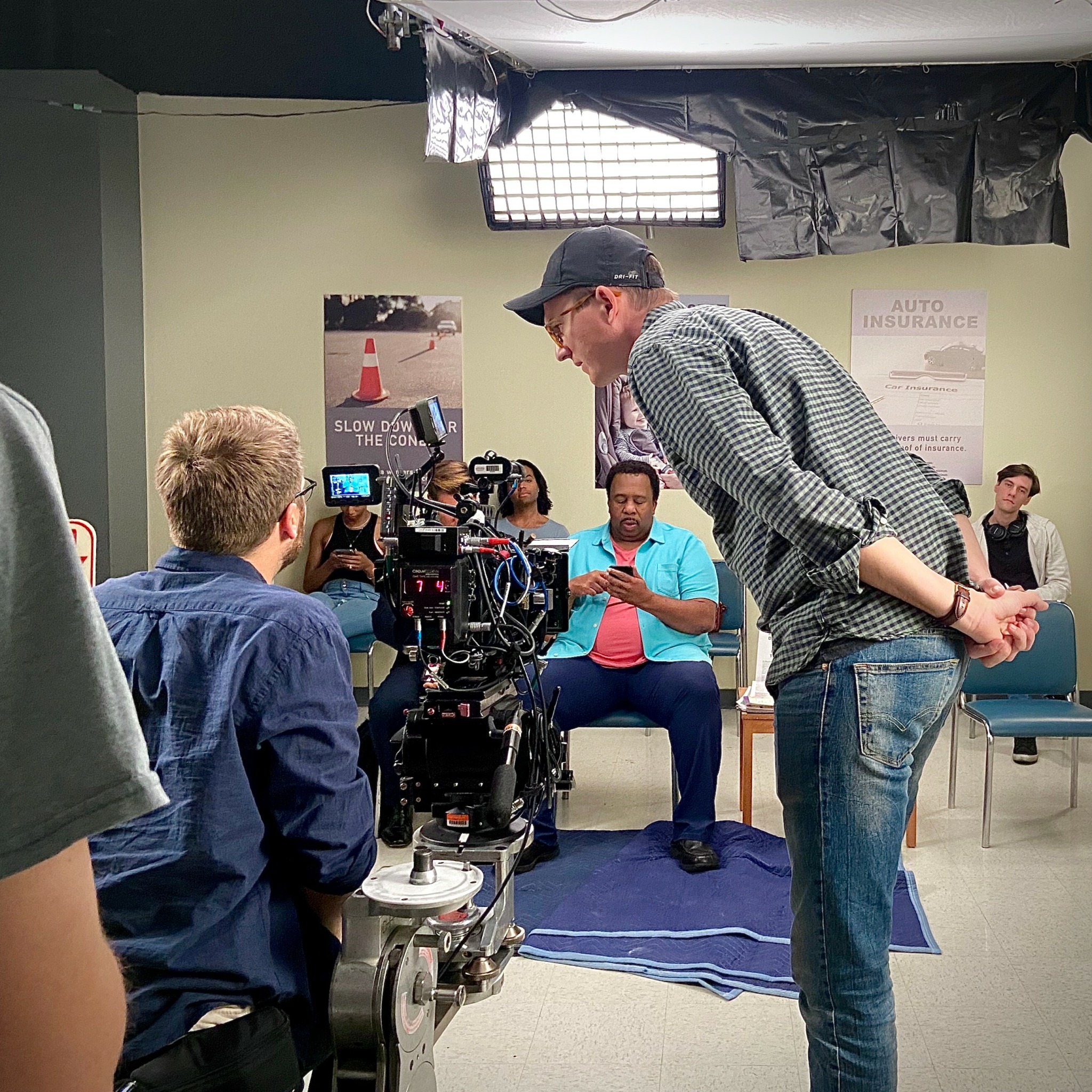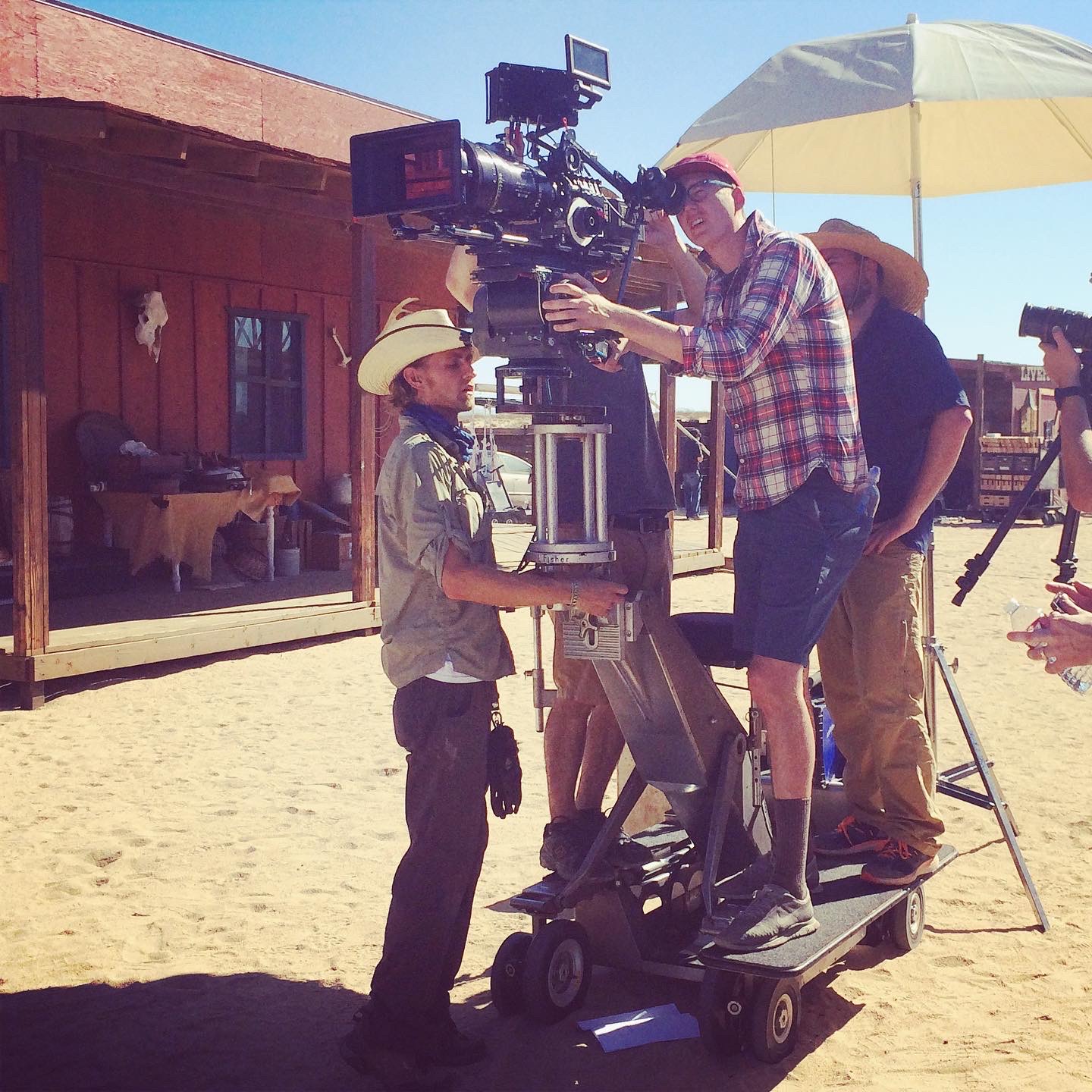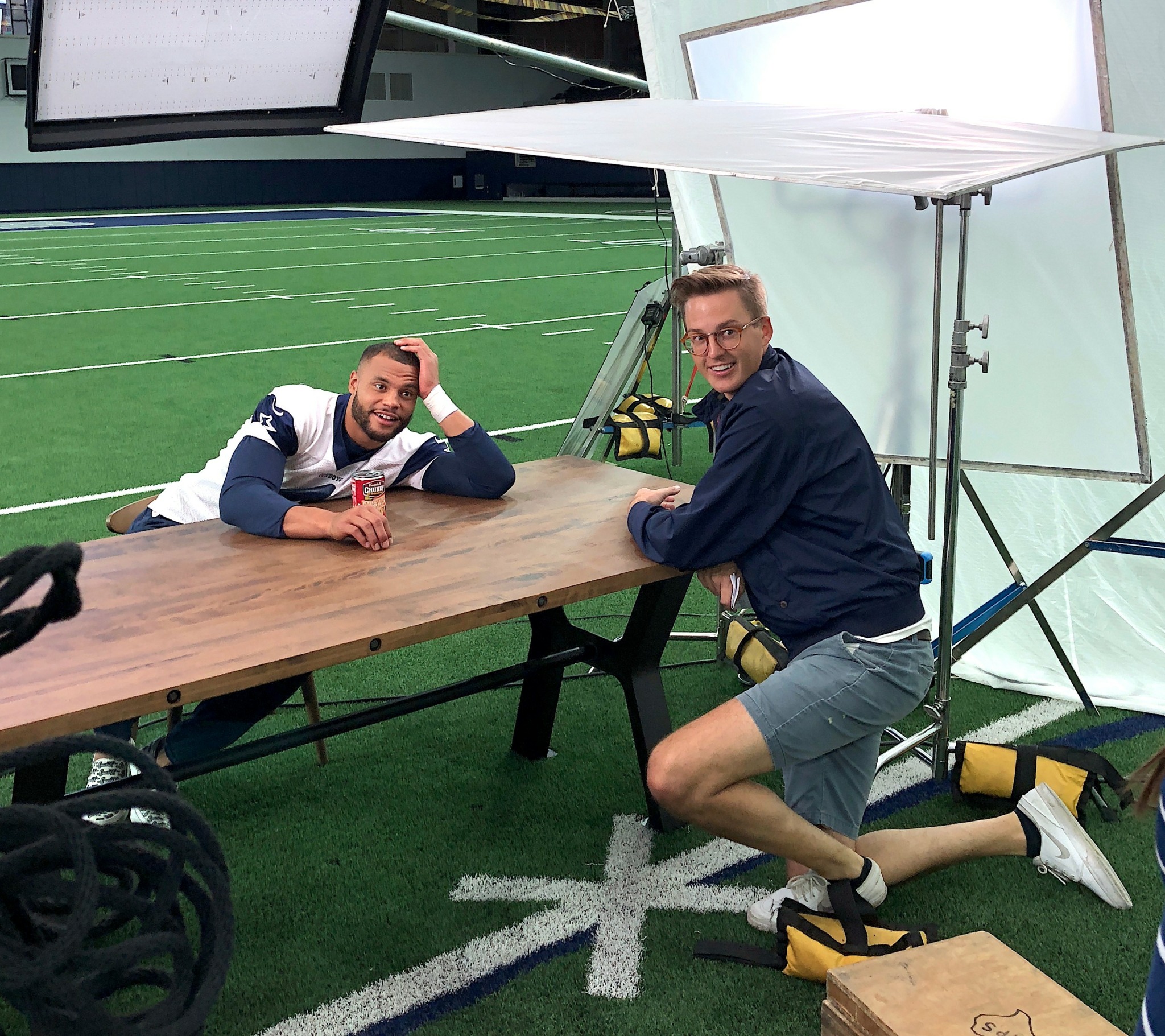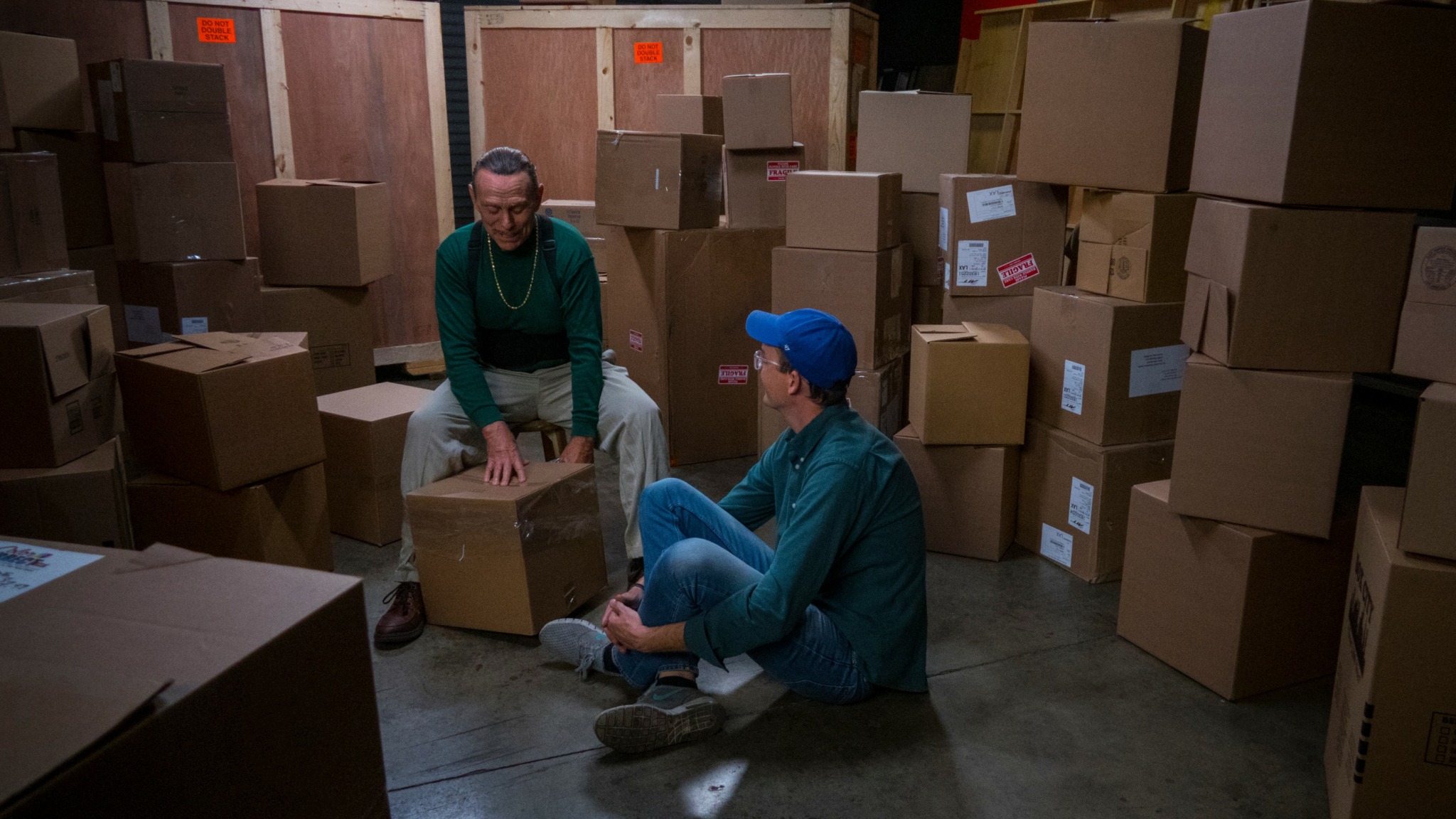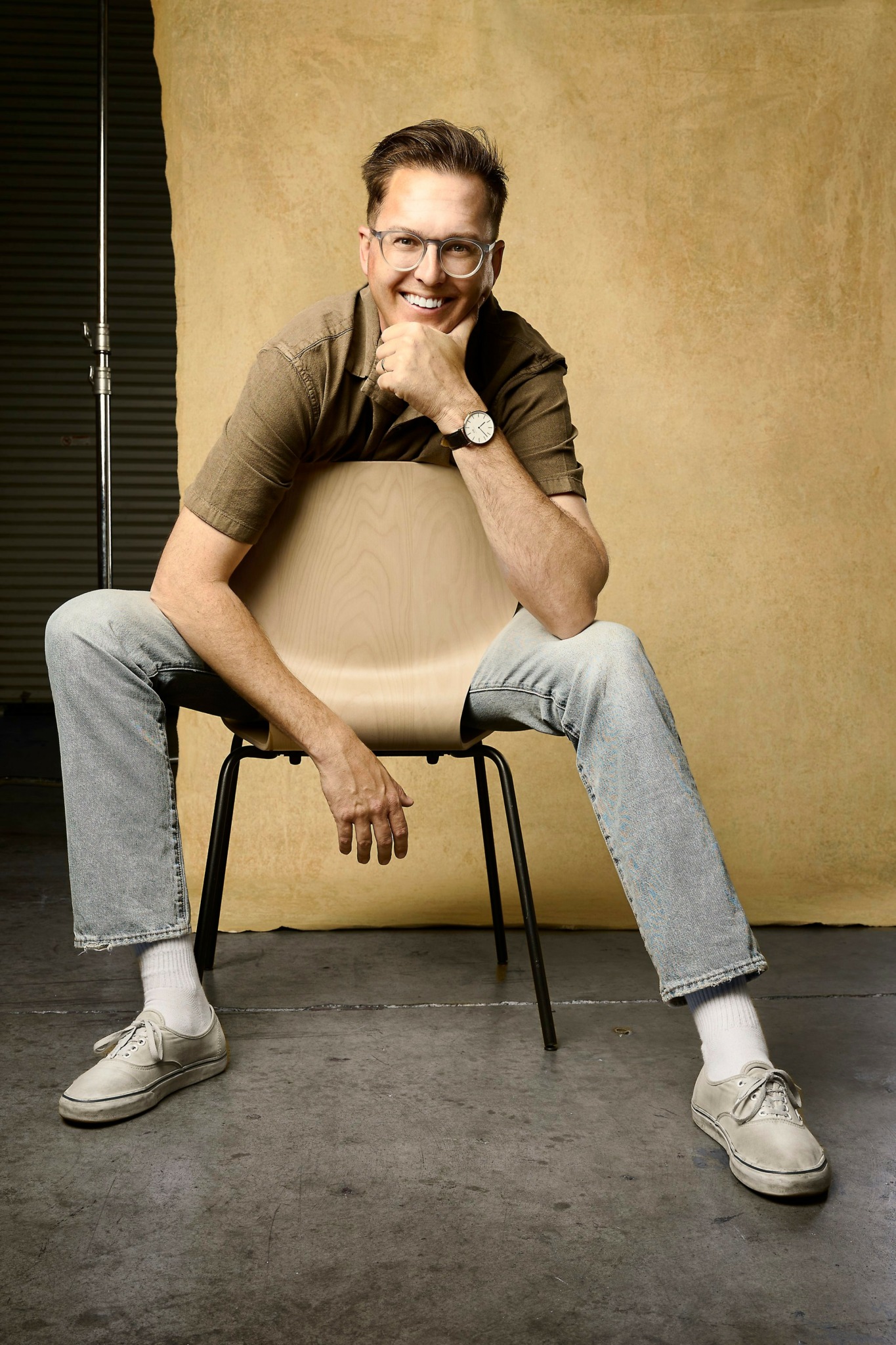We caught up with the brilliant and insightful Tom Morris a few weeks ago and have shared our conversation below.
Alright, Tom thanks for taking the time to share your stories and insights with us today. Can you talk to us about how you’ve thought about whether to sign with an agent or manager?
I’m a film and commercial director and recently signed with the production company SixTwentySix for commercial representation. Back in 2022, when I was freelancing, one of their Executive Producers stumbled upon some of my work that happened to align perfectly with a creative brief they were working on. We pitched together, landed the job, and that kicked off our collaboration.
After a few more projects, it became clear that we were a good fit. I appreciated the support they offered in chasing down new leads, pitching for work, and handling each commercial production. It’s been a great partnership.
I’d like to think they enjoy working with me, but hey, they’d have to speak to that!
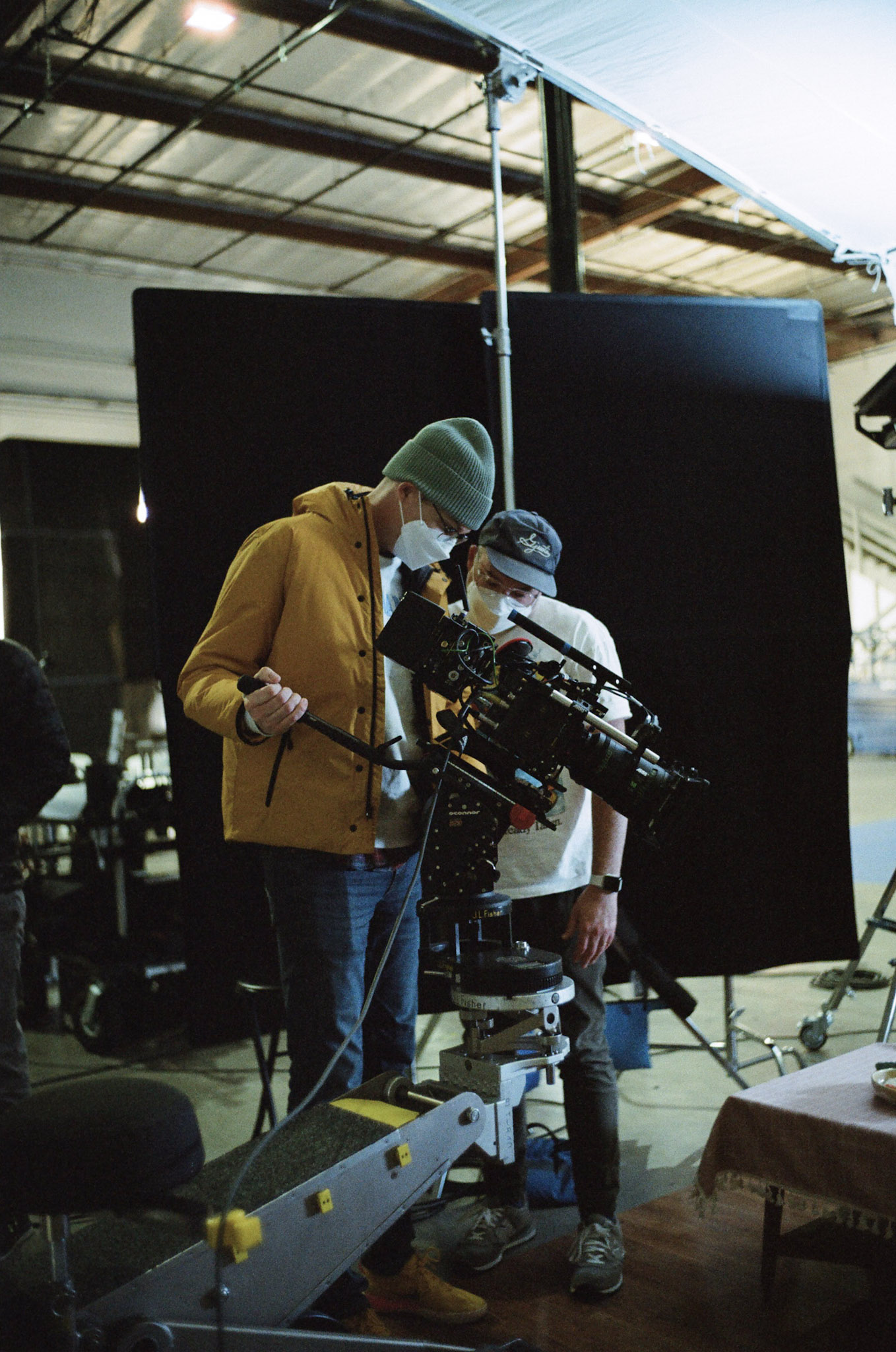
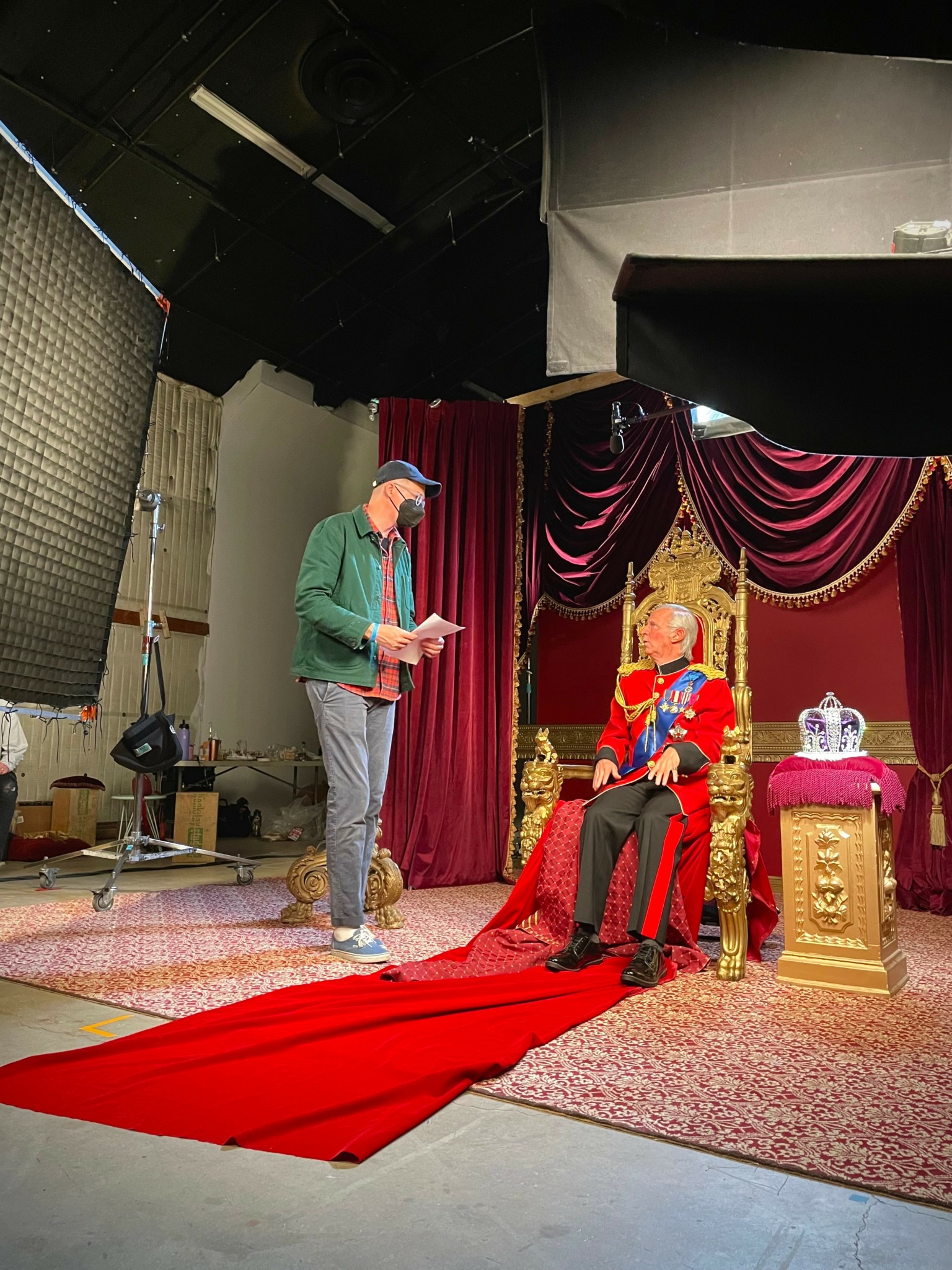
Tom, love having you share your insights with us. Before we ask you more questions, maybe you can take a moment to introduce yourself to our readers who might have missed our earlier conversations?
Well, I work as a film and commercial director, and honestly, I’ve sort of been doing it my entire life. When I saw the film Hook as a kid, I fell in love with the story and kept trying to jump off roofs to see if I could fly. Eventually, my grandmother sent me a VHS copy of a Steven Spielberg interview where he talked about making Jurassic Park and shared some of his experiences on Hook. That’s when it hit me—someone was creating all that magic on screen. I grabbed the family video camera and started filming everything I could: short films with my siblings, baseball games, dance recitals, school projects for anyone who would let me.
Eventually, my sister moved to Southern California for photography school. She met a cinematographer who was about to shoot a micro-budget indie film and told him he should reach out to me. He hit me up on MySpace (yes, MySpace), and I ended up coming out to work on the film. That trip led to me staying in California and enrolling in film school.
Fast forward a bit—after graduation, my friends and I thought, “We’re young, dumb, and broke. Before we go get real jobs, why don’t we try making a movie?” That crazy idea led to us figuring out how to make four theatrically released feature films, dozens of mini-series, music videos, and now over 200 commercials.
With the entertainment industry in such a weird state of flux, I’ve focused a lot of my energy on directing commercials. There’s something I love about the quick turnaround from kickoff to delivery—it keeps my creative muscles sharp. I think the biggest thing I bring to clients and agencies is experience. I’ve been behind a camera for nearly 30 years now. Growing up in the digital era, I’ve often shot, directed, and edited my own work, which means I have a strong sense of what will work in the edit and what won’t. That saves valuable time on set and helps craft the strongest possible story for a brand’s goals.
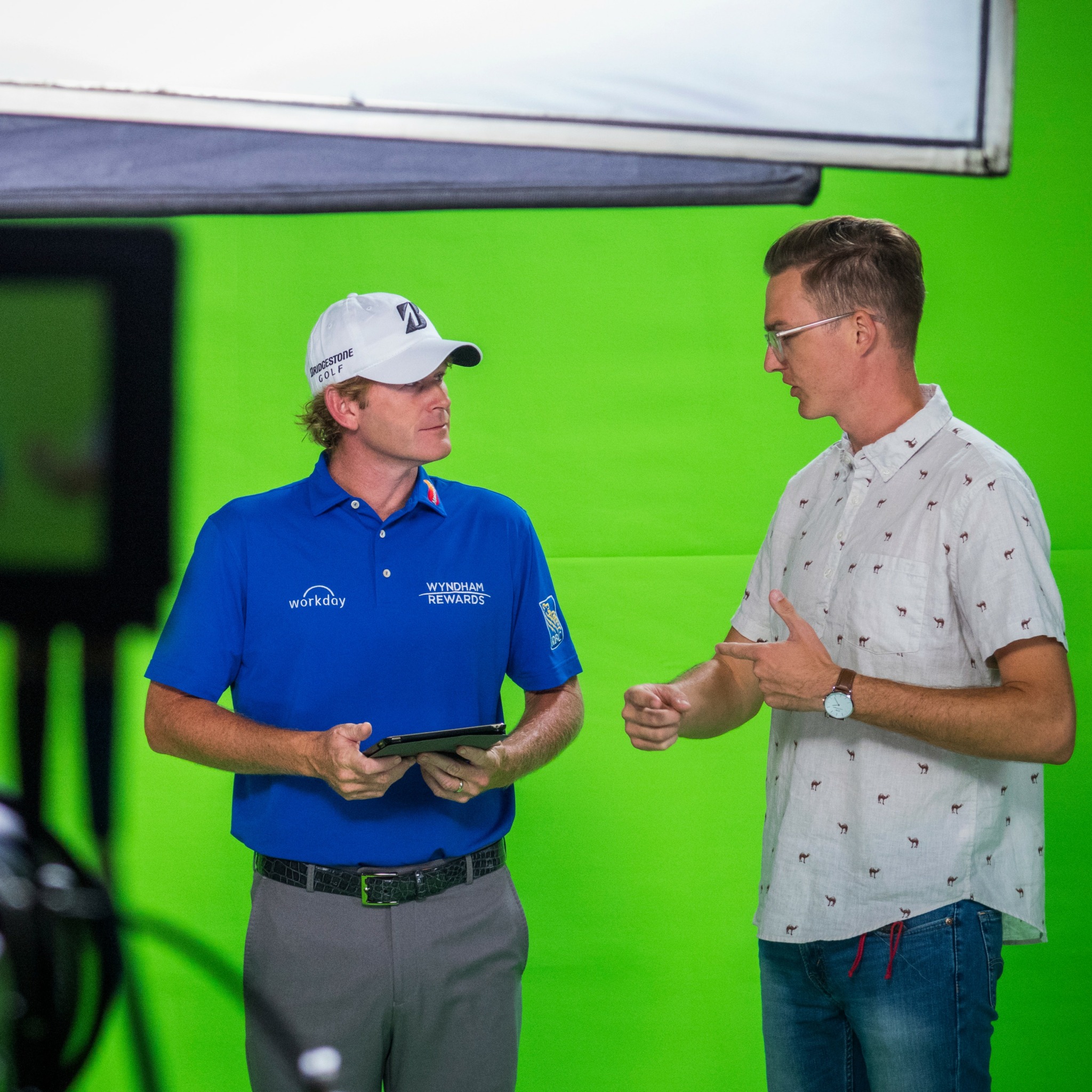
Can you share a story from your journey that illustrates your resilience?
Gosh, in the film, commercial, and entertainment industry, I think the only way anyone makes it is through resilience. Honestly, I feel like I’m still practicing that every single day. Everyone seems to have their own story about the 2020 pandemic, but for me, it was the biggest test of my career—and probably my life.
It was 2019. I had just completed my fourth feature film. I was running a great production company with my narrative writing and producing partners. I had also signed with a commercial agent and was booking a solid 8–11 projects a year. To top it all off, I had just been invited to shadow a director at Warner Brothers Television. I remember thinking, “2020 is about to be wild.” On top of that, I was newly married to a spouse with a stable job, which made the ups and downs of freelancing feel a little less risky.
But then 2020 hit—and it hit hard.
My film-producing partners split up, and we dissolved our company. The feature film we were about to release got buried along with everything else that involved bringing large groups of people together. My commercial agent let me go. And with production in a total standstill, I started wondering if there was even a way forward. Then my wife lost her job too, and suddenly we were both scrambling.
Like everyone else, I was glued to the news, reading everything I could about COVID and production safety. Eventually, I became COVID Compliance Certified and started working on sets again—not as a director, but as the person in charge of keeping everyone safe. It was humbling, to say the least. I went from leading large-scale productions to being the guy nobody wanted to see coming. People would pull me aside to tattle on someone for drinking water or eating with their mask down. Others expected me to have all the answers about vaccines. (Spoiler: I am not a scientist.)
When my wife and I found out she was pregnant—with twins—I knew I couldn’t keep grinding 14-hour days, seven days a week, doing COVID compliance. I had to get back to directing. So I did the only thing that’s ever worked for me: I took a risk.
We didn’t really have the money, but I pulled together a few spec commercial projects. I shot, edited, and polished them until they looked as professional as anything on my reel. I dug through my older work and recut, recolored, and reworked it to feel fresh again. Then I sent out about 1,000 emails to remind people I existed—and to show them I had new work worth looking at.
Eventually, the directing jobs started coming back. I had positioned myself as someone who understood how to shoot safely during the pandemic, and because I was willing to be scrappy, some really cool projects came my way.
What I learned through all of this is that being a creative isn’t just about doing the work—it’s about figuring out how to get the work. The dream is always to make something strong enough that people seek you out for exactly that. But the reality is you have to keep creating and putting your work in front of people. That’s the job.
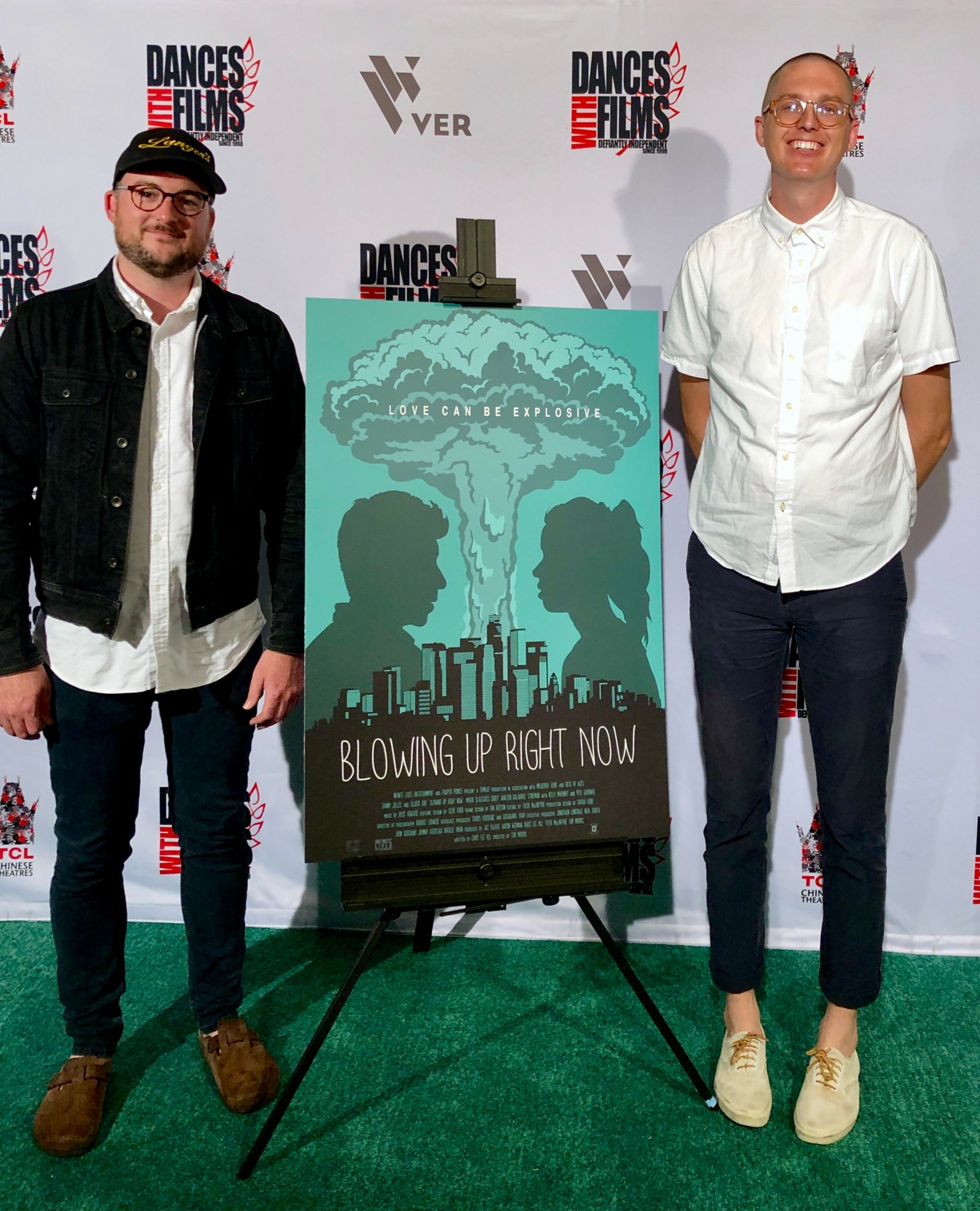
For you, what’s the most rewarding aspect of being a creative?
The best part of being a creative has to be the freedom. When things are firing on all cylinders, there’s truly no better feeling in the world. I’ve never had a set schedule. I’ve never been tied to a specific office. Some of the biggest projects I’ve landed came from pitching in a hotel bathroom while my family slept in the next room.
I can’t overstate how much I love filmmaking and storytelling. It’s hard, and it’s always changing, but when it’s all coming together, it’s magic. I often get to work alongside some of my closest friends and longtime collaborators, which makes it even better. And when I travel for work, I bring my kids with me so they can experience different parts of the world. Seeing their faces when a project goes from storyboards to set to finished product—that’s really special.
The work itself is also incredibly rewarding. I love the pressure of taking an idea, talking through the details, and pushing it in different directions during prep and on set until it becomes the sharpest, funniest, or most relatable version of the original concept.
Contact Info:
- Website: https://www.TomMorrisFilms.com
- Instagram: @TomMorrisFilm
- Other: https://www.SixTwentySix.co
